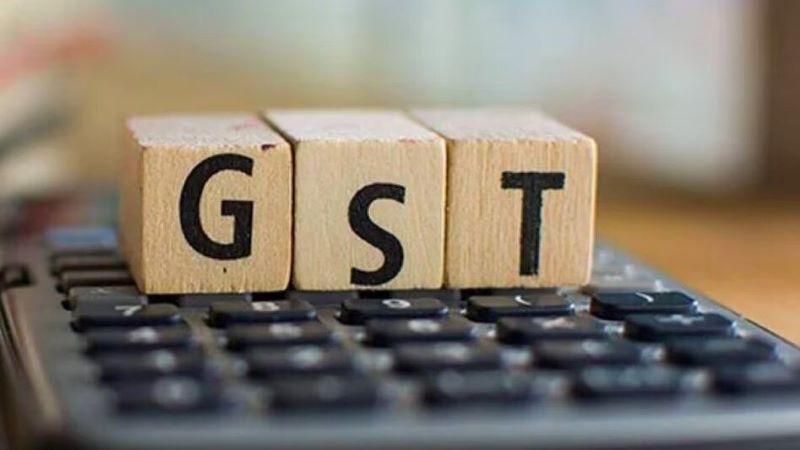
- devara
- 19 Dec 2024 10:20 AM
- GST reforms, sin product taxation, India tobacco tax, GST council India
India introduced the Goods and Services Tax (GST) in 2017 to simplify the tax structure and reduce the tax burden. Recent data shows that the gross GST collection for October 2024 rose by 9% to ₹1.87 lakh crore, a record second-highest figure. However, a recent proposal by the Group of Ministers (GoM) on GST Rates Rationalisation suggests a new 35% GST slab on products like aerated drinks and tobacco, which has raised concerns. The proposal aims to target 'sin' products such as those harmful to health and addictive, which is common in many countries. Taxing these products is seen as a way to raise revenue without significantly affecting demand since consumption tends to remain relatively inelastic to price increases. However, critics argue that this higher tax could discourage innovation in healthier alternatives and push consumers toward cheaper, unregulated options.
India's taxation on sugar-sweetened beverages (SSBs) is among the highest globally, with a total tax rate of 40% as of 2023. While countries like the UK and France have adopted a layered tax approach based on sugar content, India uses a uniform tax rate for all sugary carbonated drinks. This high tax rate could prevent producers from innovating and producing healthier, low-sugar alternatives. A more flexible, layered tax system could encourage such innovations, benefiting public health while boosting government revenues. Moreover, it could create new markets for healthier products, leading to more jobs and supporting long-term economic growth.
Similarly, India's high taxes on cigarettes have helped reduce their market share in the tobacco industry. However, the market for illicit cigarettes, which bypass the tax system, is growing rapidly. These unregulated cigarettes are cheaper, lack health warnings, and pose greater health risks. Reports suggest that illegal cigarette trade results in a loss of around ₹21,000 crores in tax revenue annually. Critics argue that the high taxation on cigarettes is pushing consumers toward these unregulated, imported, and counterfeit products. They also warn that without providing safer alternatives, the government may violate citizens' rights under Article 21 of the Constitution, which guarantees the right to health and dignity. In conclusion, while higher tax rates may reduce consumption of harmful products, they may also lead to increased tax evasion and reduced innovation. A more moderate and rational tax structure could help businesses comply, promote innovation, and create a healthier and more sustainable economy.





































